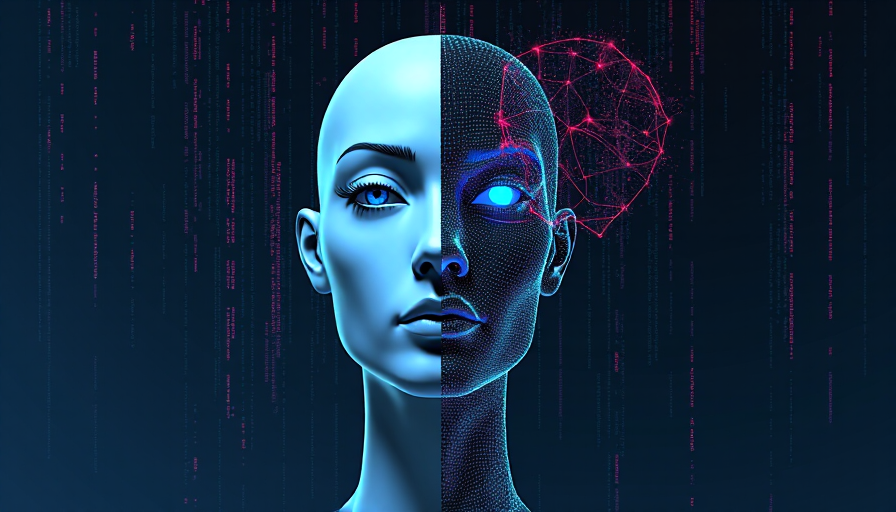
AI Model Beats the Turing Test: A New Benchmark in Human-like AI
OpenAI's latest language model, GPT-4.5, has stunned the AI community by passing the iconic Turing Test. The recent preprint study, currently under review, revealed that when prompted to adopt a humanlike persona, GPT-4.5 was mistaken for a real human in 73% of interactions—well above the 50% chance expected by random guessing.
Revisiting the Turing Test
Devised in 1950 by British mathematician Alan Turing, the Turing Test has long served as a benchmark for gauging a machine's ability to exhibit human-like intelligence. The test challenges machines to engage in conversation or perform tasks in such a natural manner that a human evaluator cannot reliably distinguish them from real people. This long-standing method has now been challenged by modern AI breakthroughs.
The Study Unpacked
The research involved nearly 300 participants, randomly assigned as either interrogators or respondents in a three-party conversation scenario. One respondent was human while the other was the AI, and the goal was to correctly identify which was which.
Methodology and Prompts
The study featured two distinct prompts for the AI:
- No-Persona Prompt: The AI was merely instructed to convince the interrogator it was human, resulting in a 36% win rate.
- Persona Prompt: The AI was told to adopt a vibrant, youthful personality with insights into modern culture, boosting its win rate to an impressive 73%.
Lead researcher Cameron Jones from UC San Diego's Language and Cognition Lab noted that participants' ability to differentiate between human and machine conversationalists was no better than a random guess when the AI was given the persona prompt. This suggests that for short interactions, AI might effectively substitute for human responses without detection.
Implications and Societal Impact
The breakthrough has ignited debates about the possible repercussions of increasingly humanlike AI. While such advances could revolutionize communication and automation, they also raise concerns about job automation and the potential for enhanced social engineering attacks. These developments invite us to reflect on the evolving relationship between technology and society.
Public Reaction and Future Considerations
Social media buzzed with a mix of astonishment and humor. Some users marveled at the notion of a machine being "better at being human," while others speculated on the broader implications as AI continues to improve. One commenter pondered, "What happens when AI consistently passes 100% of the time?" This reaction underscores the transformative and sometimes unsettling impact that such technological advancements can have on public perception.
The study not only marks a significant milestone in artificial intelligence but also opens up avenues for further research into the social and ethical dimensions of advanced AI interactions.
Note: This publication was rewritten using AI. The content was based on the original source linked above.